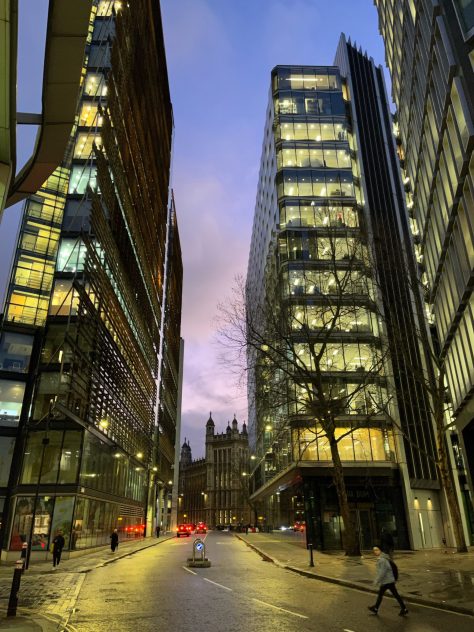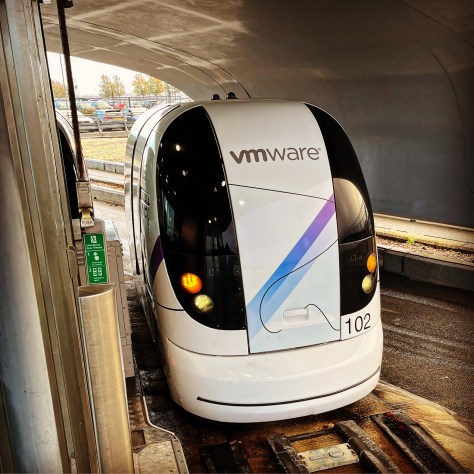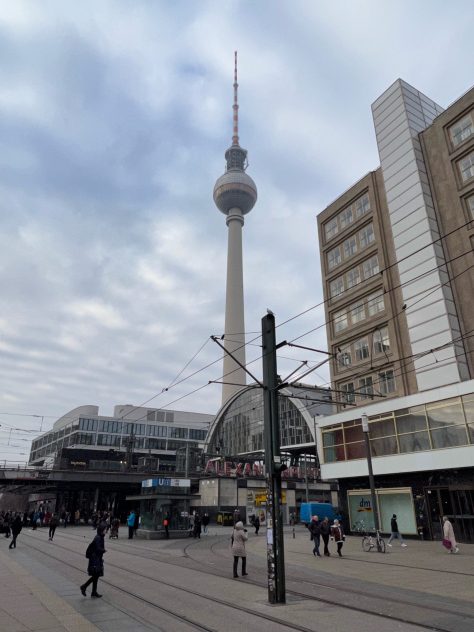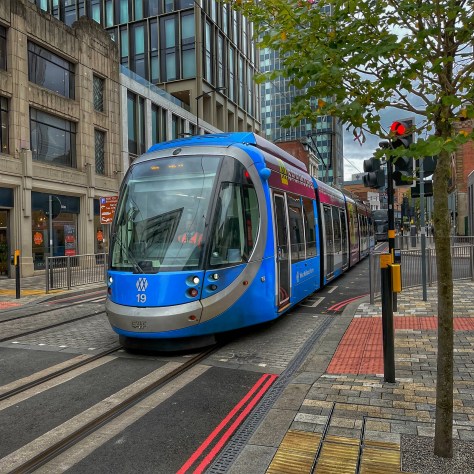Another bank holiday, which resulted in another shorter week this week.
I had a blog post published on the Jisc website, Laying the foundations for an intelligent campus.
The pandemic changed the whole concept of the campus. From being a physical hub for staff and students, the campus is becoming more of a platform for extending teaching and learning. As a consequence, the importance of data analytics to enhance the learner experience is increasing.

I was in London this week running a personalisation workshop. I spent some time this week planning and organising the workshop. I decided to go for an open and conversational approach to the workshop. We did ramble now and then, but I got some real insights into what some colleagues think and feel about personalisation.

I was reviewing another draft of the Intelligent Library guide. This was originally written a few years ago, but last year we did some additional research and updated the guide. Even to I had to research some broken links and sources for the guide. It’s at times like this that I wish I had a date based search engine that could search like it was the past, so, search the web as though it was 2013.
I have been planning and writing Intelligent Library blogpost to supplement the publication of the guide.

On the 24th May I am running an Intelligent Campus community Event looking at the guide and providing feedback on what Jisc should do next.
This community of practice gives people a chance to network, share practice and hear what various institutions are doing. You will have the opportunity to discover more about intelligent campus projects and our work in this space. The focus of this community event will be where do we go next? You can read the new guide to the intelligent campus and reflect on your own journey in this space, and where you feel we can provide help and support. This will be an opportunity to discover more about the history of our past and current work in the intelligent campus space as well as hear from others about their work on this exciting topic. People working in the area of the intelligent campus who have an interest in the work being undertaken in this space.

Another quarter goes pass that means another review meeting, so I did the paperwork, these blog posts are very useful for that.
This week was Jisc’s Connect More, I attended a few sessions and chaired some more.
Read some interesting thoughts on Generative AI from Jisc and HEPI.
Jisc published a Generative AI Primer.
Publishing an intro to generative AI is a challenge as things are moving so quickly. However, we think things have now settled down enough for us to bring together information in a single place, to create a short primer. We aim to publish this as a more formal guide that will be updated regularly, but we are posting an initial version as a blog post to get feedback on whether it is useful and if there is other information you would like included.
HEPI published a blog on How are HE leaders responding to generative AI?
Given some of the recent media coverage of the rise of generative AI and its potential impact on universities, especially around assessment and academic misconduct, it would be easy to fall into the trap of thinking that university leaders are running scared in the face of ChatGPT. However, when the Jisc-Emerge HE edtech board of higher education leaders met recently to discuss the potential and pitfalls of generative AI, instead of a discussion about the assessment arms race, there was real curiosity and enthusiasm to explore the potential of the technology and what it holds for universities and students.
I am more than likely going to attend ALT-C this September. I read this update from the conference co-chairs.
Many of you who engaged with us in putting in proposals will have noticed we avoided using terms such as digital transformation, and digital strategy. This is because even though we know that staff at the conference will undoubtedly influence and shape those things, we wanted to use the conference to take a step back and recognise that we can not build strategies and roadmaps without first understanding the topography of the digital landscape and the people it will affect. That landscape is still being carved, by the unyielding forces of things like generative AI, political pressures and ideologies, and even social justice, and climate change, which are forcing us to rethink our relationship to educational technology.
My top tweet this week was this one.
Smashed avocado, heritage tomatoes, chilli, slow poached Lycroft Farm eggs, rye sourdough toast. https://t.co/YecKFWBXo5 pic.twitter.com/gLQgxzrfAC
— James Clay (@jamesclay) May 5, 2023















































